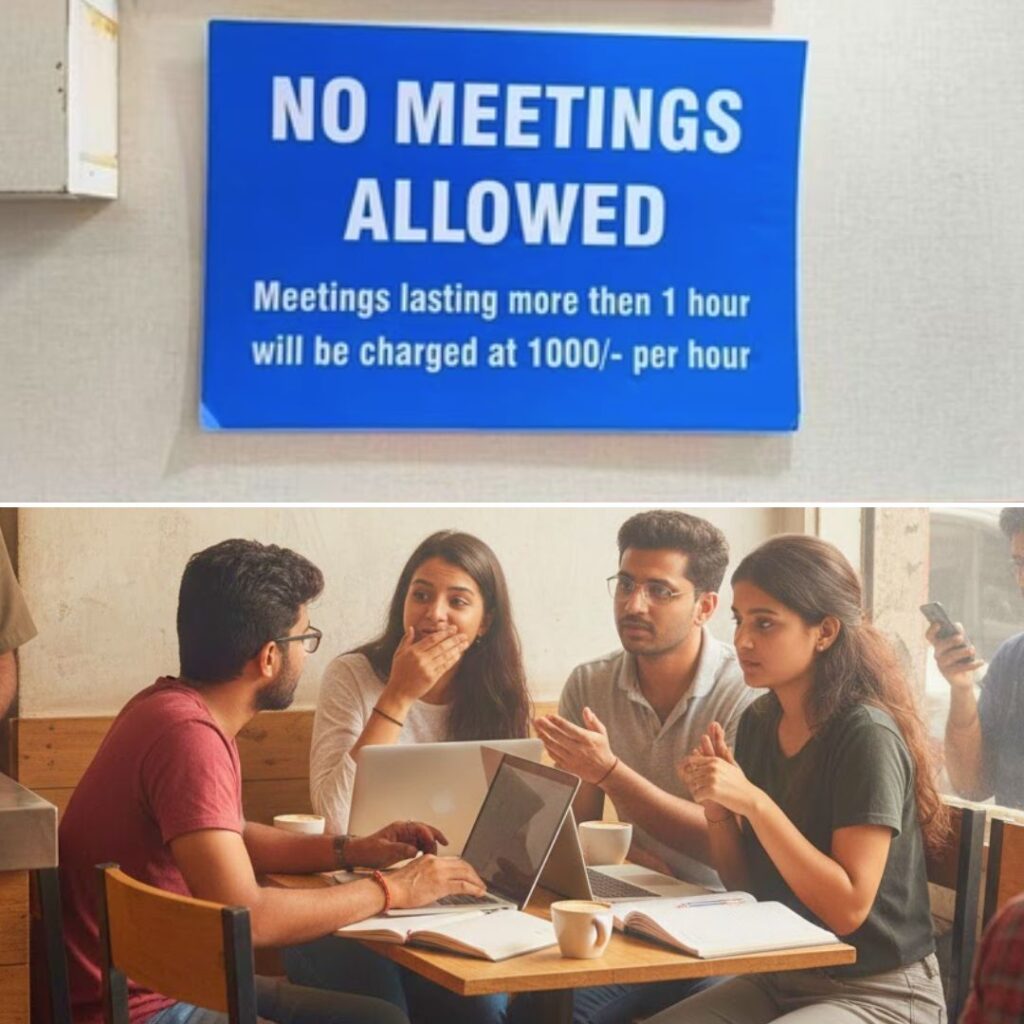India’s new Labour Codes, effective from 21 November 2025, mark a historic reform permitting women to work night shifts across all sectors nationwide, subject to their consent and mandatory safety provisions. This policy shift aligns with a broader effort to dismantle discriminatory laws rooted in the 1948 Factories Act, which previously barred women from working between 7 PM and 6 AM.
Labour Ministry officials have emphasised that the new codes ensure equal pay for equal work, gender neutrality, and a raft of safety measures including secure transportation, CCTV surveillance, and dedicated grievance redressal mechanisms.
The reforms have been welcomed as a significant advance for gender equality, though discussions continue about the practical challenges in implementing effective safety infrastructure and awareness among employers and workers alike.
Opening Doors
The new Labour Codes provide a comprehensive framework permitting women’s participation in night shifts across all types of employment, from manufacturing to IT and service sectors.
The implementation mandates that women give written consent before night work, ensuring choice rather than compulsion. Employers are required to implement strict safeguards, including secure transport options for late shifts, well-lit workplaces, security staff presence, and functional internal complaints committees.
According to the Labour Ministry, these provisions not only facilitate equal earnings by allowing access to higher-paying shifts but also legally prohibit gender-based wage discrimination. Early adopters among corporate employers and industrial units are already revising human resources policies to comply with these provisions, signalling readiness to embrace gender-inclusive work environments.
The Road to Reform
Historically, the ban on women’s night work was enacted in 1948 to provide protection, yet over decades it increasingly became a structural barrier limiting women’s job opportunities and career progression. Progressive court rulings since the early 2000s began chipping away at this outdated norm, encouraging states like Maharashtra, Haryana, and Karnataka to permit conditional night shifts during the 2010s.
Delhi and Uttar Pradesh followed suit in 2025, just ahead of the national-level consolidation under the new Labour Codes. This reform replaces 29 fragmented labour laws with a unified legal regime that explicitly prohibits gender discrimination while mandating equal pay and social security.
Experts note these changes address systemic barriers that have kept women’s workforce participation low, currently at approximately 27%, and set the stage for a more inclusive labour market.
New Labour Codes strengthen protection and empowerment for women – ensuring equal opportunities, equal pay, and the freedom to work night shifts or in any type of work with consent. pic.twitter.com/2JtfqaaSn0
— Ministry of Labour & Employment, GoI (@LabourMinistry) November 23, 2025
Beyond Night Shifts
The Labour Codes also introduce numerous other worker-friendly provisions to modernise India’s industrial relations landscape. These include mandating appointment letters and timely wage payments, extending social security and health benefits to gig and platform workers, and enabling gratuity eligibility after one year of continuous service.
Additionally, annual health check-ups are required for workers above 40 years, and overtime work must be compensated at double the normal wage rate.
Notably, the reforms establish an “Inspector cum Facilitator” system to encourage compliance through support rather than punishment, and promote faster dispute resolution via industrial tribunals. By simplifying compliance with “one registration, one licence, one return,” the Codes aim to ease bureaucratic burdens while fostering equitable, safe, and dignified work conditions for all.
The Logical Indian’s Perspective
These landmark reforms represent a decisive step toward gender justice in the Indian workforce by removing outdated restrictions and enforcing safety and equality measures.
However, true progress depends not only on laws but on their robust implementation, employers must invest seriously in infrastructure, and society must champion women’s right to safe and equal work environments. Empowerment means ensuring women can work freely without fear, with dignity and respect.
The Four Labour Codes strengthen the rights of women workers with equal pay, no gender discrimination, permission to work night shifts with consent, work-from-home flexibility, a medical bonus and the freedom to work across all sectors. pic.twitter.com/FPdWyrHnMP
— Ministry of Labour & Employment, GoI (@LabourMinistry) November 23, 2025













